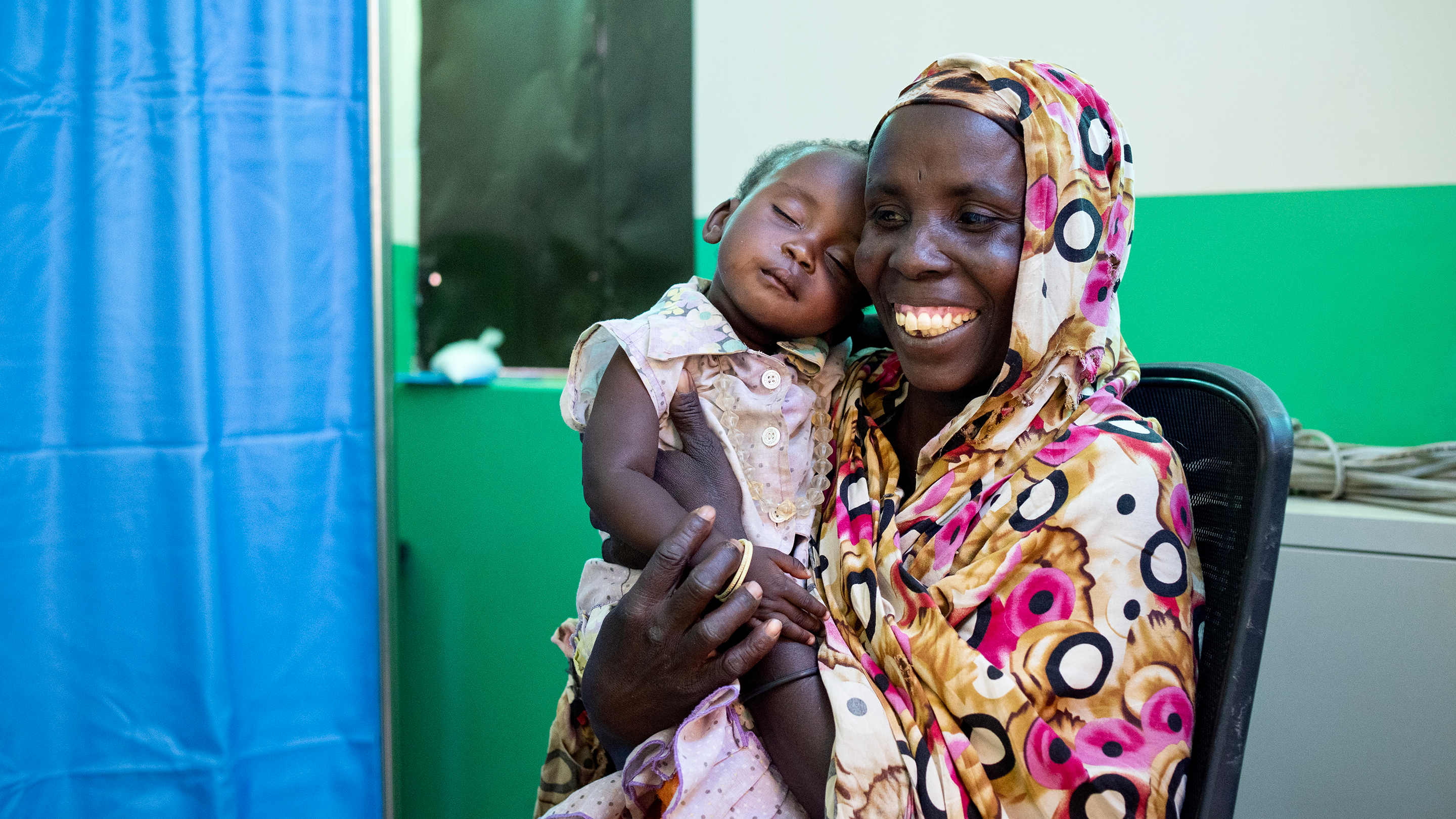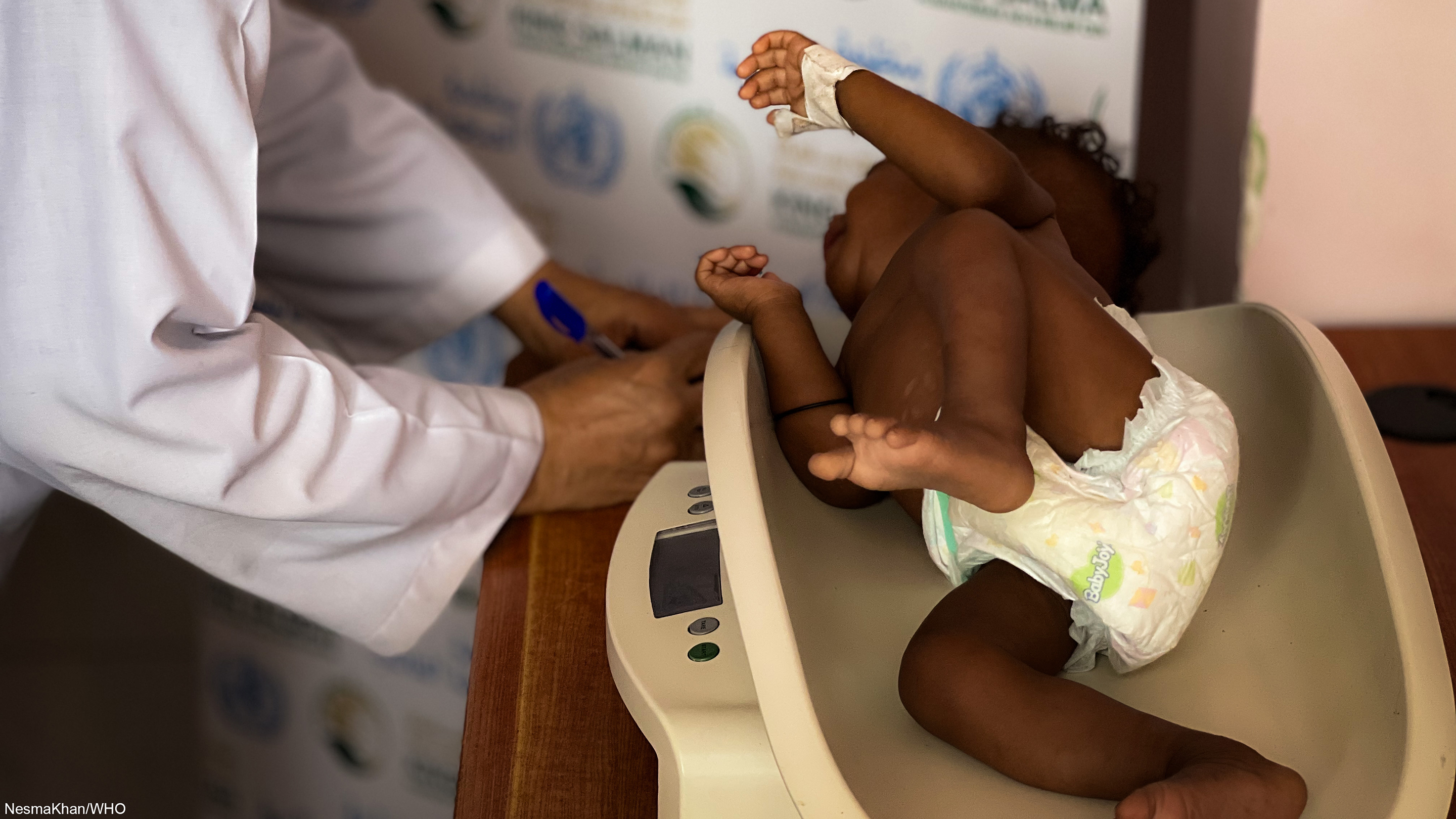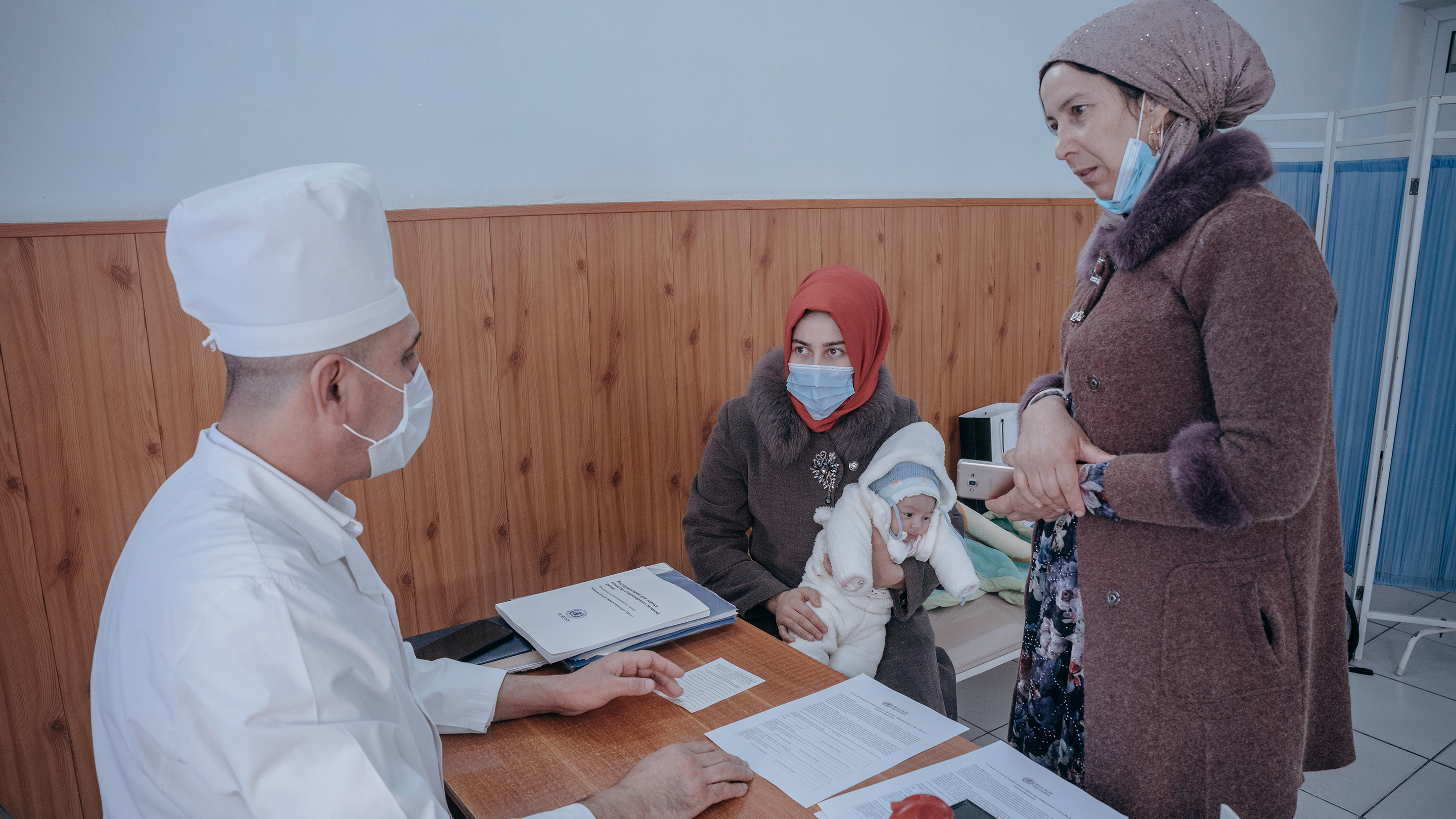WHO puts SMART Guidelines into action in emergency settings

Context
Emergency settings create unique challenges for care delivery. Healthcare workers must manage a high volume of patients and make decisions under intense pressure. Supporting emergency care response is a priority for the WHO, especially in the WHO Africa and Eastern Mediterranean regions.
WHO publishes practice guidelines that can help to deliver evidence-based care in these settings. However, these guidelines are in static pdf formats that are hard to rapidly deploy in the field. It is also challenging to adapt these guidelines to local contexts and rapidly changing crisis environments.
Solution
WHO launched the Em Care project* to develop a digital solution that implements the WHO's SMART Guidelines for newborn and child health in emergency settings. Developed in partnership with Argusoft India Ltd., the app will initially be piloted in Iraq and Cameroon to support front-line health workers to deliver evidence-based care in primary health care facilities.
Em Care is a fully open-source, FHIR-native solution that can be configured to meet country- or site-specific requirements and integrated to Member State's existing digital solutions. It is available for Android devices and built using the Android FHIR SDK which supports HL7 FHIR®/CQL. It will be available from the Google Play store or as a direct download to an Android Package Kit (APK). The executable content has been authored as a FHIR Implementation Guide (IG), with support from a team at Swiss TPH, and is available from the WHO GitHub account.
"SMART Guidelines are a game-changer in how a digital ecosystem of different actors can collaborate to make trusted content available, ensure the digitalization of evidence-based guidelines with high fidelity, and engage local developers to build, support and maintain technologies."


How OHS helped
The Em Care reference software was built using Open Health Stack's Android FHIR SDK, using multiple core SDK libraries and a common data model based on HAPI FHIR. This has not only saved time, but also helped reduce development costs.
The Structured Data Capture (SDC) library has allowed questionnaires to be rapidly turned into data collection forms, using standardized UI widgets that promote the collection of quality data in a consistent way. Integrations with FHIRPath and CQL have allowed the implementation of decision logic to automatically propose diagnoses for which the child meets recommended criteria, and advanced form behaviors such as automatic calculation of anthropometric z-scores. The workflow library has also helped to model the decision logic in the application so that it reflects the workflows of frontline health workers.
The project also includes a web-based application, which permits data to be synchronized back to a central server and visualized in dashboards to inform decision making at district and national levels. The analysis of data mapped to the FHIR standard can prove challenging due to its heavily nested structure, and Argusoft are working closely with Open Health Stack to leverage FHIR Analytics to support this area of work.



